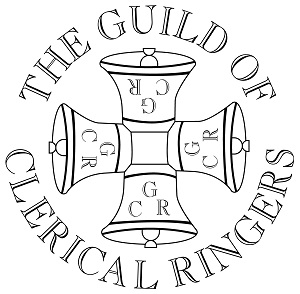As pandemic restrictions are cautiously lifted it has been good that for a few weeks now we can again hug relatives and friends. With this return, I am reminded that ‘warm hugging’, so to speak, between church and ringers has
tended generally over the years to entail healthy embraces. Clergy and other church officials usually regard favourably what their ringers can offer directly or indirectly to the church community, events and worship.
On the other hand, sometimes friction is evident in the relationship between church and ringers; the absence of a cuddle has been unfortunately quite noticeable. As experienced ringers I’m sure we can all recall situations in the past and indeed the present where constructive interaction between church and ringers has been fractured by some incident, historical or otherwise, or a misunderstanding which has resulted in little desire for an affectionate mutual grasping. Faults can be apparent on both sides but too often poor communication is the principal culprit, occasionally bolstered by sporadic recalcitrance.
I can imagine that any clergy who might read this ‘thought’ are also ringers and can recognise sympathetically and pastorally the need to engage with their local ringers even if many of those same ringers do not regularly (or ever) participate in worship. Of course, there are clergy who have never been ringers and who possess only a slight awareness of recreational ringing or life in the tower more generally. It may be that their demanding workload, necessarily
directed elsewhere, is the main cause for this state of affairs.
For clergy who never see their ringers in church at public worship it may be, in their defence, that they feel conceivably and not altogether unreasonably the tower has just become an appendage for the convenience of the ringing hobbyists. However, my parry to this would be that while we may talk of the Church Triumphant we, as clergy, need also to be a humble, approachable and learning church. And perhaps this implies that beyond our teaching and preaching we should, in our attempt to share our common humanity with everyone which includes all ringers, find time for listening rather than talking or demanding this or that. Jesus’s message, after all, was that of being the servant without self-importance and self-regard.
Thus I would encourage the church, however represented, to value continually its ringers who fairly often are to be found on the outside of its faith boundaries. Hugging is always better and more profitable, we hope, than turning away.
JON ROSE
Guild of Clerical Ringers

